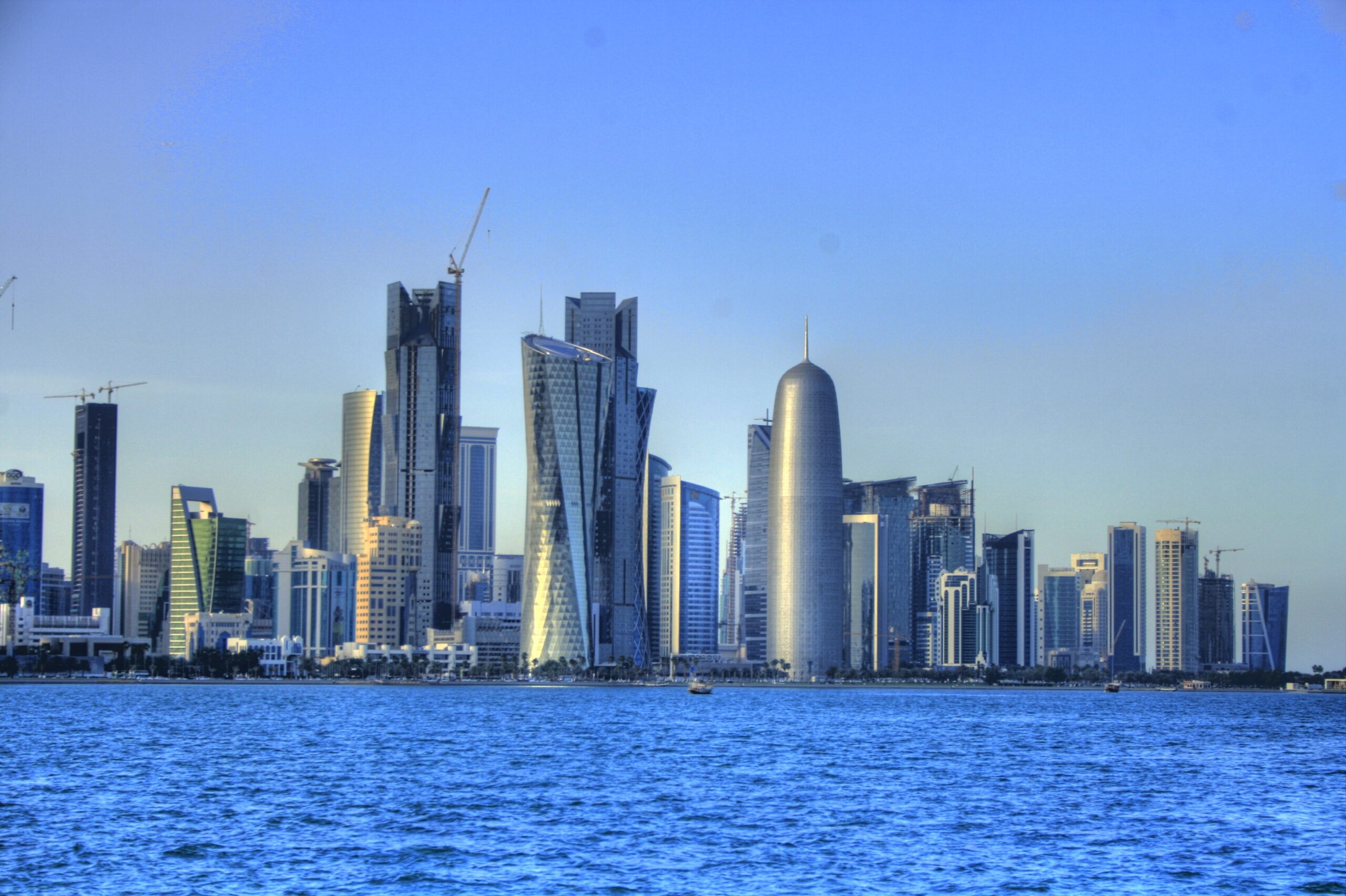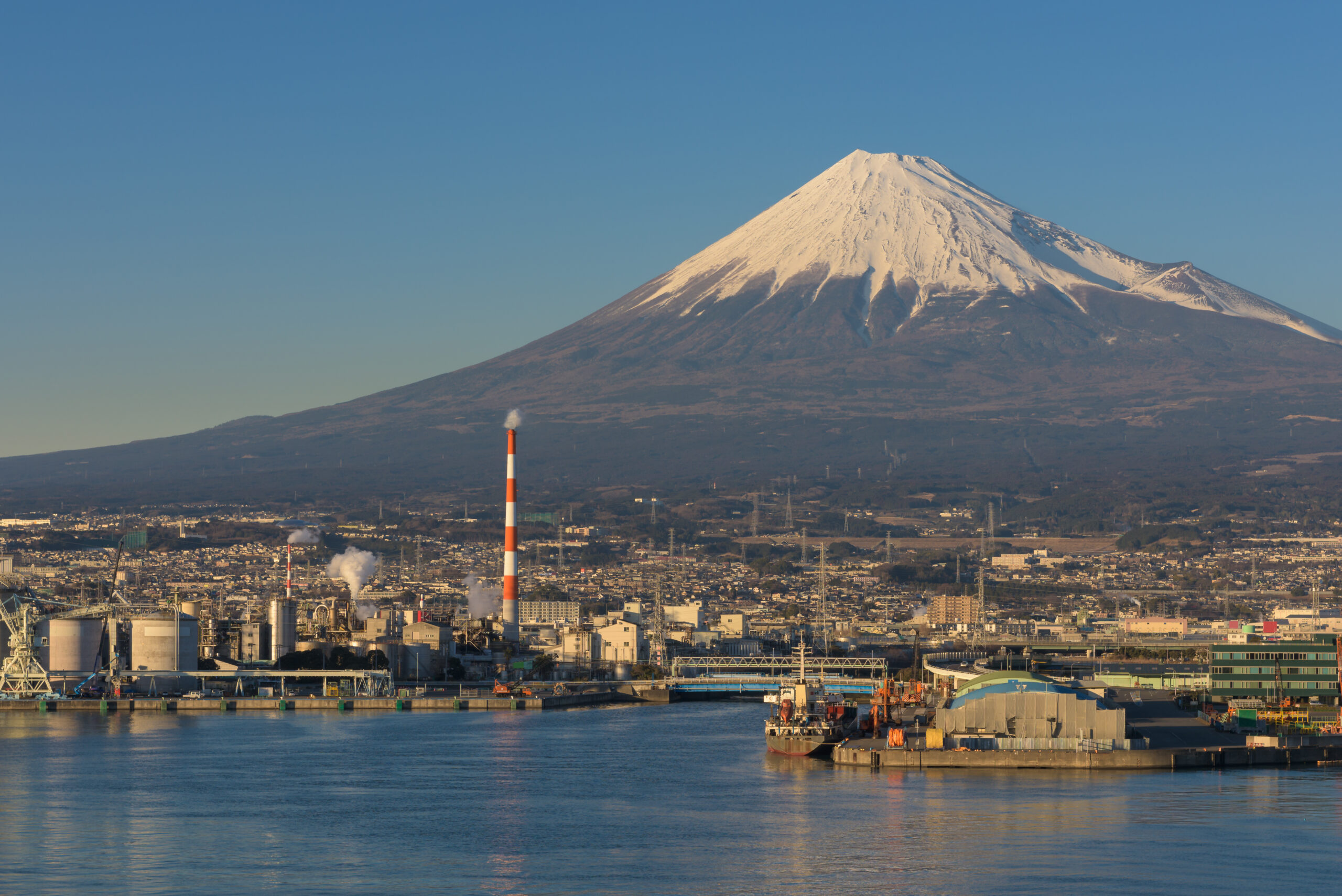Is Canada’s oil and gas emissions target enough?
After years of allowing the oil and gas sector to avoid emissions targets, Canada announced that it would impose a cap on the industry. But is it enough?

In late March, the Canadian government released a new roadmap to slash greenhouse gas emissions, and for the first time the plan would include pollution from the oil and gas industry, a significant step forward in the country’s efforts to address climate change. But within days of releasing the roadmap the government signed off on a massive new offshore oil drilling project.
For years, Canadian Prime Minister Justin Trudeau has spoken eloquently about the need to lead on climate change. But even as his government pursued a carbon tax and mapped out ways to cut emissions from various parts of the economy, he steadfastly refused to touch the oil and gas sector, which counts for over a quarter of the country’s emissions. Indeed, Canada has put forward nine climate plans since 1990, but failed to live up to any of them.
Trudeau’s government went so far as to nationalize a beleaguered pipeline – the Trans Mountain expansion – in 2018 in order to prevent it from being scrapped by its former owner, Kinder Morgan. Now, the pipeline inches forward under government control, but remains years behind schedule and vastly over budget.
Trudeau’s ongoing support for the growth of the oil and gas sector makes the new climate roadmap, which would impose emissions reductions on oil and gas for the first time, a notable development. The plan calls for overall emissions reductions on the order of 45 percent below 2005 levels by 2030, with the aim of hitting net-zero emissions by mid-century. For oil and gas specifically, the sector must cut emissions by 31 percent below 2005 levels, which equates to a 42 percent reduction compared to 2019 levels.
The oil and gas target sends a “credible signal” about what the oil and gas sector will contribute to the country’s emissions reduction goals, says Dale Beugin, vice-president of research and analysis at the Canadian Climate Institute.
“The plan is credible and comprehensive and puts us on track to meet our 2026 targets, and nearly on track to meet our 2030 targets,” he said. However, as it stands, the proposal is not yet law. “The deep emissions reductions for this sector are contingent on credible policy being developed and deployed as quickly as possible,” he said.
A recent report from the Canadian Climate Institute laid out five overarching areas that can account for two-thirds of the country’s 2030 emissions reductions: the ratcheting up of Canada’s carbon pricing regime, an oil and gas cap, a Clean Electricity Standard, policies for land-use emissions reductions, and a strengthened Clean Fuel Standard.
But others see the new climate plan as insufficient. “Unfortunately, the level of ambition reflected in this plan continues to fall short,” Julia Levin, senior climate and energy programme manager at Environmental Defence Canada, told Gas Outlook. Levin said the oil and gas sector only needs to cut emissions by 30 percent, while the overall country-level target is a 40 to 45 percent cut.
“As a result, other sectors of the economy will be forced to work even harder to compensate,” she said.
Bay du Nord
The ink was still drying on the new climate plan when the Canadian government gave the greenlight to the Bay du Nord project, a $12 billion offshore oil drilling project led by Norway’s Equinor. Located off the coast of Newfoundland and Labrador in the Atlantic Ocean, the massive project is expected to operate for 30 years.
“The Government of Canada’s decision to approve a new billion barrel mega oil project is a slap in the face to climate scientists, communities across Canada and the world impacted by the climate crisis,” Levin said. “The planet is on fire and the science is crystal clear. Approving Bay du Nord is another leap towards an unliveable future. Doing it under a green veneer is disingenuous at best, and adds insult to injury. The decision is tantamount to denying that climate change is real and threatens our very existence.”
The decision also comes just a few days after the Intergovernmental Panel on Climate Change (IPCC) released its latest report on the climate crisis, warning that the world is at a “crossroads.”
“It’s now or never, if we want to limit global warming to 1.5°C (2.7°F),” said IPCC Working Group III Co-Chair Jim Skea. “Without immediate and deep emissions reductions across all sectors, it will be impossible.”
United Nations Secretary-General António Guterres was more blunt, stating that “investing in new fossil fuels infrastructure is moral and economic madness.”
“High-emitting governments and corporations are not just turning a blind eye; they are adding fuel to the flames. They are choking our planet,” Guterres said.
A 2021 report from the UN concluded that fossil fuel production needs to wind down immediately, but “the world’s governments plan to produce more than twice the amount of fossil fuels in 2030 than would be consistent with limiting warming to 1.5°C.”
Later this year, Canada will move forward on implementing the cap on oil and gas sector emissions. Levin said that it needs to be “significantly stronger” than the 31 percent cut that was proposed in order to have “any credibility.”
Another issue is that the plan relies heavily on carbon capture and sequestration, a technology that is costly and not yet proven at scale. Levin called Canada’s bet on carbon capture a “greenwashing strategy used to justify more fossil fuel production.”
A report from Environmental Defence found that federal and provincial governments in Canada have subsidized carbon capture by at least $5.8 billion since 2000, but have only captured a vanishingly small 3.55 million tonnes of carbon per year, equivalent to 0.05 percent of the country’s emissions. Roughly 70 percent of the captured CO2 is reinjected into wells for enhanced oil recovery, which boosts production and ultimately negates the climate benefit.
In January, 400 leading scientists and academics in Canada sent a letter to Finance Minister Chrystia Freeland, urging her not to support a proposed investment tax credit for carbon capture because it would amount to a new subsidy for the oil and gas industry.
Still, despite these problems, Beugin noted that the plan will require “pretty big emissions reductions from the oil and gas sector.” But he cautioned that the sectoral targets for the oil and gas industry are not yet binding, and the details still need to be hammered out and put into law.
“Implementation is critical,” he said.



